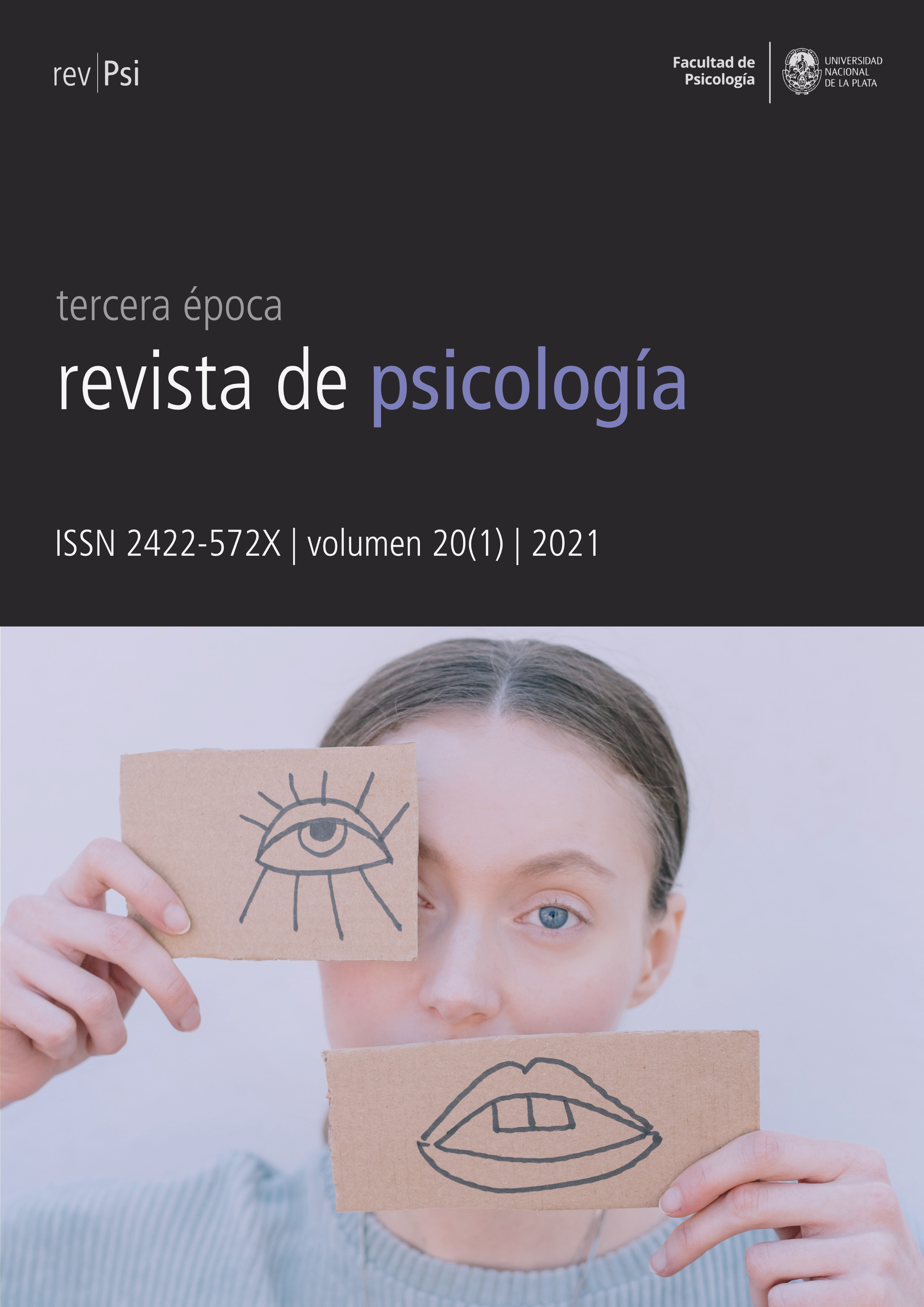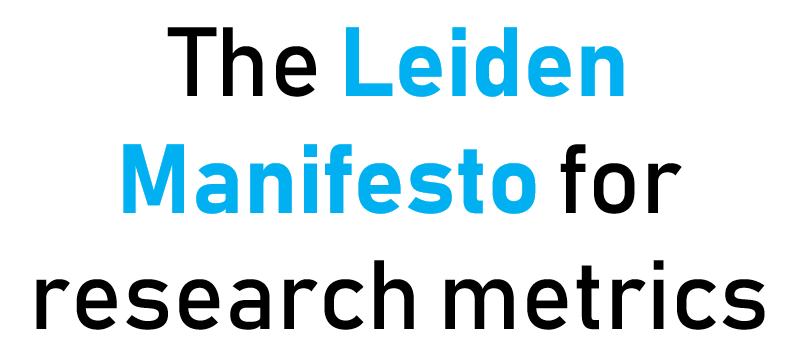Sentimentos existenciais e memória corporal: dois casos em filosofia da psiquiatria
DOI:
https://doi.org/10.24215/2422572Xe091Palavras-chave:
Sentimentos existenciais, Memória corporal, Fenomenologia, PsiquiatriaResumo
A questão que orienta este trabalho diz respeito à relação entre os fenômenos da afetividade e da memória a partir de sua configuração corporal. Meu objetivo é avaliar a relação entre esses dois fenômenos sob a rubrica dos conceitos de sentimentos existenciais e memória corporal desenvolvidos na fenomenologia contemporânea. Formulado no atual marco de interação entre fenomenologia e psiquiatria, o conceito de sentimentos existenciais designa uma importante categoria descritiva relativa à estruturação corporal de nossa experiência afetiva, e sugere um papel central na forma como determinados sentimentos corporais influenciam a autodescrição (Ratcliffe, 2005; 2008; 2015). Por outro lado, a noção de memória corporal descreve a forma como disposições, capacidades e hábitos configuram nossa experiência sem a necessidade de rememoração explícita (Fuchs, 2012; 2018). Sustento que o elemento corporal destacado na formulação desses dois conceitos permite uma aproximação frutífera dos aspectos históricos e afetivos condicionantes de nossa experiência. Ao final do trabalho examino dois casos psiquiátricos que explicitam a interação mútua entre esses fenômenos em um nível pré-reflexivo, e destaco o papel determinante desses fenômenos na emergência de experiências anômalas.
Referências
American Psychiatric Association. (2013). Diagnostic and statistical manual of mental disorders (5th ed.). American Psychiatric Association.
Anderson, M. & Hanslmayr, S. (2014). Neural mechanisms of motivated forgetting. Trends in Cognitive Sciences, 18, (6) 279–292. https://doi.org/10.1016/j.tics.2014.03.002
Besche-Richard, C. (2013). Explicit and implicit memory in depressive patients. Review of the literature. Psychology, 4, (11a), 4-10. https://doi.org/10.4236/psych.2013.411A002
Blankenburg, W. (2001). First steps toward a psychopathology of "common sense". Philosophy, Psychiatry, and Psychology, 8 (4), 303-315. https://doi.org/10.1353/ppp.2002.0014
Caravà, M. (2020). An exploration into enactive forms of forgetting. Phenomenology and the Cognitive Sciences. https://doi.org/10.1007/s11097-020-09670-6
Carel, H. (2013) Bodily doubt. Journal of Consciousness Studies, 20 (7–8). 178–197.
Carel, H. (2016). Phenomenology of illness. Oxford University Press.
Casey, E. (2000). Remembering: A phenomenological study. Indiana University Press.
Fuchs, T. (2003). The phenomenology of shame, guilt and the body in body dysmorphic disorder and depression. Journal of Phenomenological Psychology, 33, 223–243.
Fuchs, T. (2011). Body memory and the unconscious. Phaenomenologica, 199, 69– 82.
Fuchs, T. (2012). The phenomenology of body memory. In S. Koch, T. Fuchs, M. Summa, & C. Müller, (Eds.) Body memory, metaphor and movement (pp. 9– 22). John Benjamins.
Fuchs, T. (2018). Memória corporal e história de vida. In Fuchs, T. Para uma psiquiatria fenomenológica: Ensaios e conferências. Tradução de Marco Antônio Casanova. Via Verita.
Gallagher, S. & Zahavi, D. (2012). The phenomenological mind. Routledge.
Goldie, P. (2000) The emotions: A philosophical exploration. Clarendon Press.
Gross, J. (2002). Emotion regulation: Affective, cognitive, and social consequences. Psychophysiology, 3(39), 281–291. https://doi.org/10.1017/S0048577201393198
Hardy, A. (2017). Pathways from trauma to psychotic experiences: A theoretically informed model of posttraumatic stress in psychosis. Frontiers in Psychology, 8, 697. https://doi.org/10.3389/fpsyg.2017.00697
Heidegger, M. (2001). Zollikon seminars: Protocols, conversations, letters. Northwestern Univ. Press.
Kensinger, E. A., & Schacter, D. L. (2008). Memory and emotion. In M. Lewis, J. M. Haviland-Jones, & L. F. Barrett (Eds.), Handbook of emotions (pp. 601–617). Guilford.
Laing, R.D. (1990). The divided self: An existential study in sanity and madness. Penguin Books.
Manzotti, R. (2012). An externalist approach to existential feelings: Different feelings or different objects? In J. Fingerhut & S. Marienberg (Eds.), Feelings of being alive (pp. 79–99). De Gruyter.
McIlwain, D., Taylor, A., & Geeves, A. (2010). Fullness of feeling: Reflection, rumination, depression and the specificity of autobiographical memories. Proceedings of the 9th Conference of the Australasian Society for Cognitive Science. (pp. 238-244). Sydney.
Michaelian, K. & Sutton, J. (2017). Memory. The Stanford Encyclopedia of Philosophy. Edward N. Zalta (ed.). https://plato.stanford.edu/archives/sum2017/entries/memory
Morgan, C. & Gayer‐Anderson, C. (2016), Childhood adversities and psychosis: evidence, challenges, implications. World Psychiatry, 15, 93-102. https://doi.org/doi:10.1002/wps.20330
Nolen-Hoeksema, S. (2000). The role of rumination in depressive disorders and mixed anxiety/depressive symptoms. Journal of Abnormal Psychology, 109(3), 504-11. https://doi.org/10.1037/0021-843X.109.3.504
Parnas, J. & Zahavi, D. (2000). The link: Philosophy-psychopathology-phenomenology. In D. Zahavi (Ed.) Exploring the self. Philosophical and psychopathological perspectives on self-experience. John Benjamins.
Ratcliffe, M. (2005). The feeling of being. Journal of Consciousness Studies, 12, (8–10), 45–63.
Ratcliffe, M. (2008). Feelings of being. Oxford University Press.
Ratcliffe, M. (2015). Experiences of depression. Oxford University Press;
Ratcliffe, M. (2017). Selfhood, schizophrenia, and the interpersonal regulation of experience. In C. Durt, T. Fuchs, & C. Tewes (Eds.) Embodiment, enaction, and culture: Investigating the constitution of the shared world. The MIT Press.
Read et al., (2005). Sexual and physical abuse during childhood and adulthood as predictors of hallucinations, delusions and thought disorder. Psychology and Psychotherapy: Theory, Research and Practice, 76, 1–22. https://doi.org/10.1348/14760830260569210
Reis, R. (2016). A abordagem fenomenológico-existencial da enfermidade: Uma revisão. Revista Natureza Humana, 18(1).
Reisberg & Hertel, (2004). Preface. In D. Reisberg & P. Hertel (Eds.) Memory and emotion. Oxford University Press.
Reisberg, D. & Heuer, F. (2004). Memory for emotional events. In D. Reisberg & P. Hertel (Eds.) Memory and emotion. Oxford University Press.
Riva, G. (2018). The neuroscience of body memory: From the self through the space to the others. Cortex, 104, 241–260. https://doi.org/10.1016/j.cortex.2017.07.013
Roediger III, H.L., Zaromb, F.M., & Lin, W. (2017). A typology of memory terms. In R. Menzel (Ed.). Learning theory and behavior [Vol. 1 of Learning and memory: A comprehensive reference]. Academic Press.
Rowlands, M. (2016). Memory and the self: Phenomenology, science and autobiography. Oxford University Press.
Saarinen, J. (2018). A critical examination of existential feeling. Phenomenology and the Cognitive Sciences, 17, 363–374. https://doi.org/10.1007/s11097-017-9512-4;
Sass, L. & Parnas, J. (2003). Schizophrenia, consciousness, and the self. Schizophrenia Bulletin, 29(3), 427-444. https://doi.org/10.1093/oxfordjournals.schbul.a007017
Schacter, D. (1987). Implicit memory: History and current status. Journal of Experimental Psychology: Learning Memory and Cognition, 13(3), 501-518. https://doi.org/10.1037/0278-7393.13.3.501
Sheets-Johnstone, M. (2012). Kinesthetic memory: Further critical reflections and constructive analyses. In S. Koch, T. Fuchs, M. Summa, & C. Müller, (Eds.) Body memory, metaphor and movement (pp. 43-72). John Benjamins.
Sutton, J., & Williamson, K. (2014). Embodied remembering. In L. Shapiro (Ed.) The Routledge handbook of embodied cognition. Routledge
Trakas, M. (no prelo). No trace beyond their name? Affective memories, a forgotten concept. L'année psychologique / Topics in Cognitive Psychology.
Watkins, P. (1996). Unconscious mood-congruent memory bias in depression. Journal of Abnormal Psychology, 105(1), 34-41. https://doi.org/10.1037/0021-843X.105.1.34
Watkins, P. (2002). Implicit memory bias in depression. Cognition and Emotion, 16 (3), 381-402. https://doi.org/10.1080/02699930143000536
Downloads
Publicado
Edição
Seção
Licença

Os autores que publicam neste periódico aceitam as seguintes condições:
- Autores mantém os direitos autorais e atribuir o direito de primeira publicação para a revista, com a obra registrada sob uma Licença de atribuição Creative Commons (CC-BY) , que permite que terceiros usem o que é publicado sempre que mencionarem a autoria do trabalho e a primeira publicação desta revista.
- Os autores podem fazer outros acordos contratuais independentes e adicionais para a distribuição não-exclusiva do artigo publicado na revista ESTA (por exemplo, incluí-lo em um repositório institucional ou publicá-lo em um livro), enquanto eles indicou claramente que o trabalho foi publicado pela primeira vez nesta revista.
- Autores são permitidos e encorajados a publicar seus trabalhos na Internet (por exemplo, em páginas institucionais ou individuais) antes e durante o processo de revisão e publicação, pois pode gerar alterações produtivas e maior e mais rápida difusão do trabalho publicado (ver The Effect of Open Access).



































